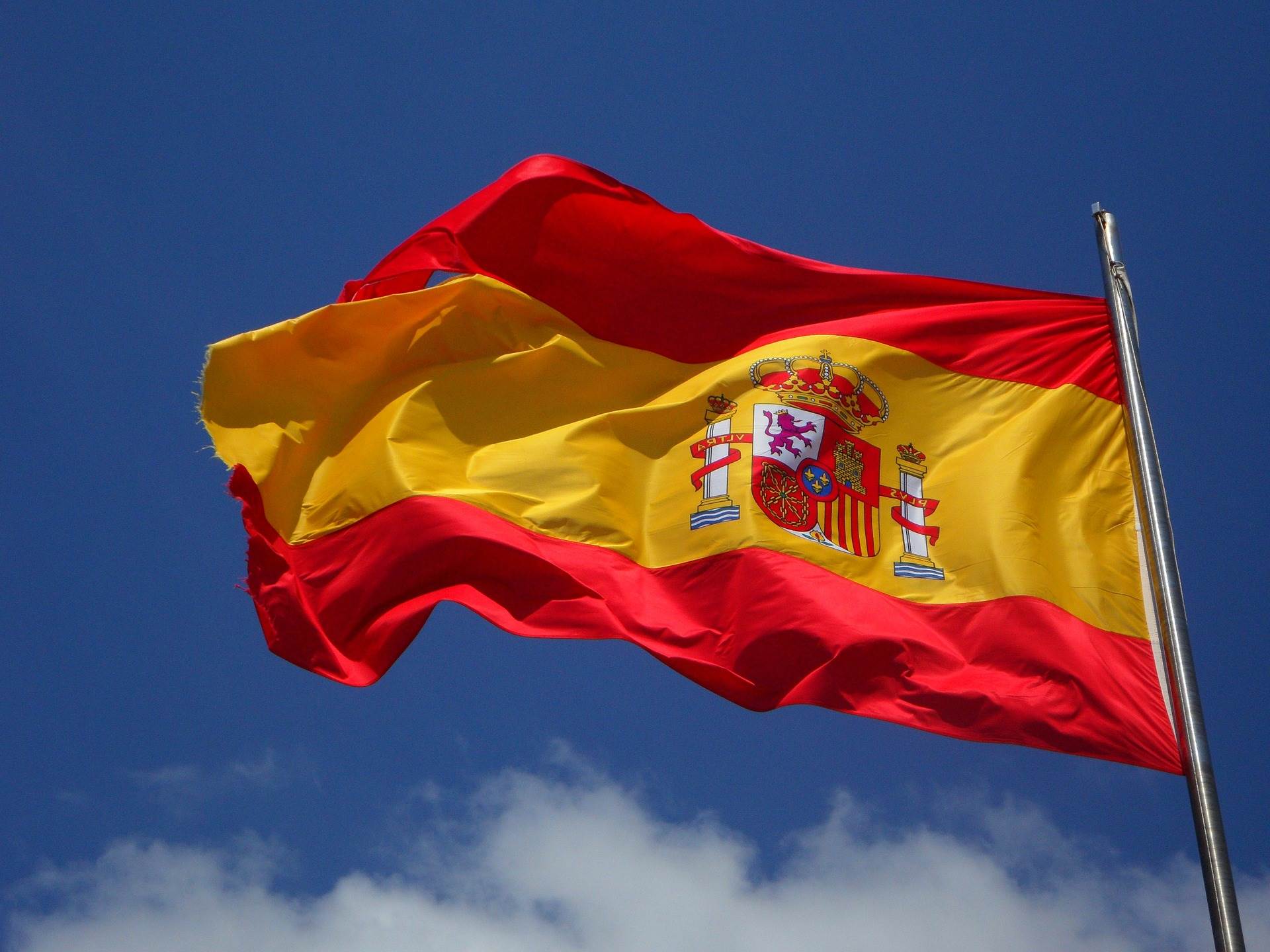 Spain has the unfortunate situation that the past four years have seen it go to the polls four times in general elections. Plainly, these elections have been inconclusive, with politicians unable to find a government with a stable mandate to govern.
Spain has the unfortunate situation that the past four years have seen it go to the polls four times in general elections. Plainly, these elections have been inconclusive, with politicians unable to find a government with a stable mandate to govern.
The most recent iteration of the plebiscite was on Sunday which, again, saw PSOE emerge as the largest party, but again fall short of an absolute majority. Pedro Sanchez, leader of the Spanish Socialist Workers’ Party (PSOE) and acting PM was forced to return to the electorate after April’s inconclusive vote. In April, PSOE and Unidas Podemos, an anti-austerity party, were unable to find common ground. This time, a coalition agreement looks likely between the two.
The centre-right Citizens Party has made it clear that it will not facilitate Mr Sanchez’s ambition to remain PM, but less than two days after the poll, an accord has been reached between PSOE and Podemos (despite, it seems, Sanchez’s misgivings only a couple of months ago about working with them). He said: “The Spanish people have spoken and now it is time for its political leaders to implement that will and to overcome the deadlock that Spain has suffered in recent times”.
For his part, Pablo Iglesias, the leader of Podemos, commented: “We’ve reached a preliminary agreement to form a progressive coalition government in Spain, a progressive coalition government that combines the PSOE’s experience with the courage of Unidas Podemos. A government that works towards dialogue when it comes to the territorial crisis and for social justice as the best vaccine against the far right”.
PSOE were the largest party following Snday’s vote, but lost 3 seats compared to the April poll on 120. The conservative People’s Party secured 88 seats with the right wing Vox party more than doubling its representation to 52 seats. Podemos came fourth in the poll with 35 seats.
A total of 176 seats is needed to form a majority administration in Spain, so even with Podemos’s support, PSOE will fall short of this mark, meaning they will need to rely on the support of some of the smaller parties if they hope to form a stable administration.
